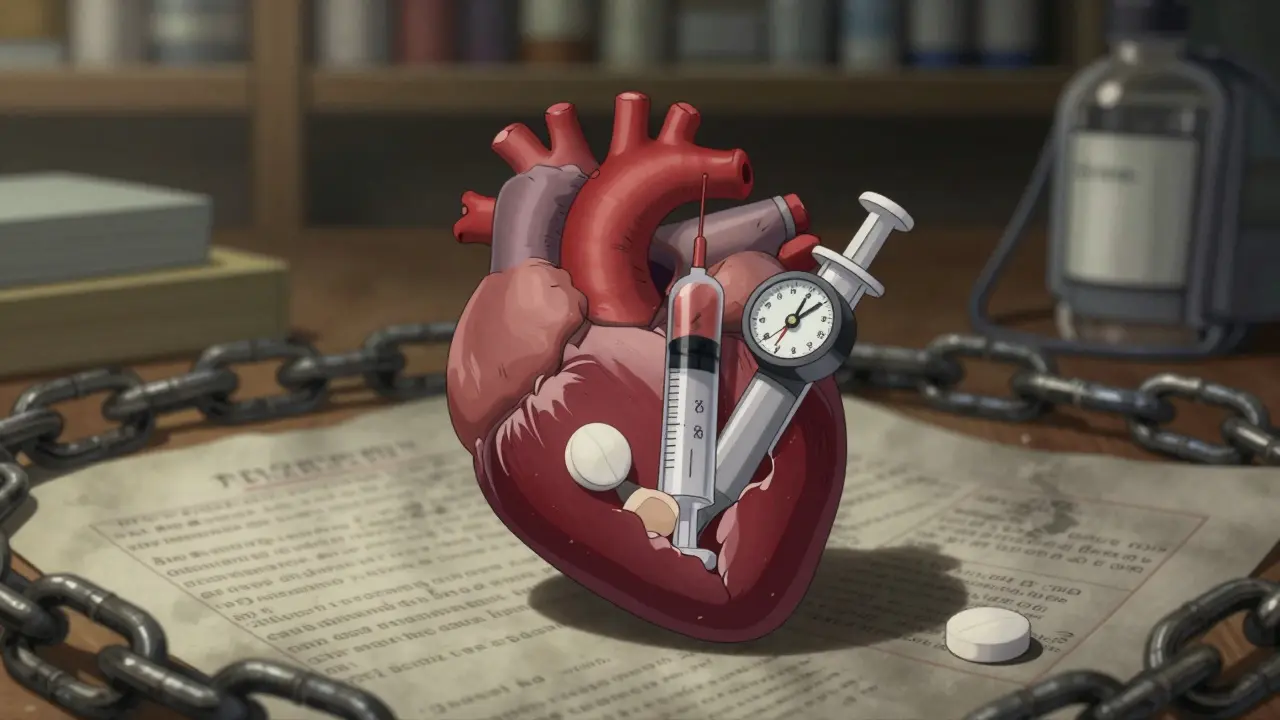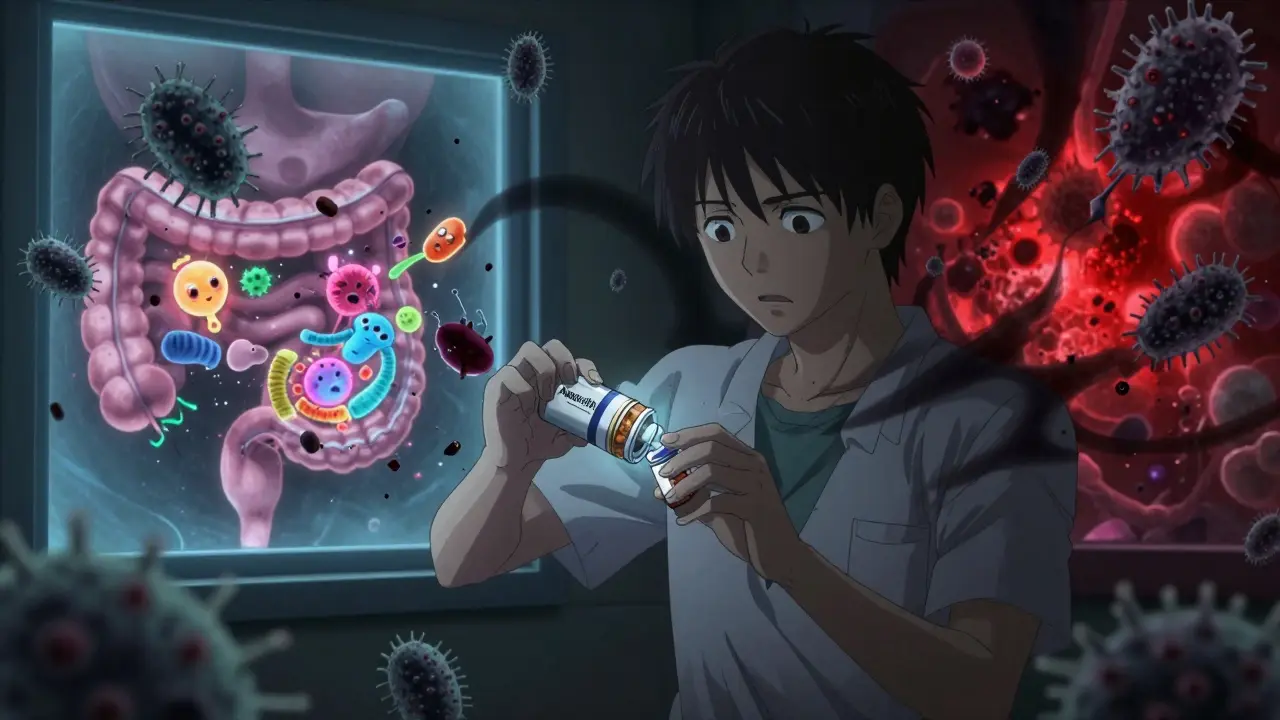Insect Bites: What to Look For and How to React Fast
Got an itchy bump after a walk in the park? It’s probably an insect bite. Those small red spots can be annoying, but most of them are harmless. The key is to tell the difference between a normal reaction and something that needs a doctor.
Common Insect Bite Symptoms
Most bites start with a tiny pink dot that turns red and swells within a few minutes. You’ll feel a mild sting or a burning sensation. The area may get warm and you might notice a few tiny white heads – those are the insect’s saliva. If the bite gets big, spreads quickly, or you develop fever, shortness of breath, or a rash that covers a large area, those are red flags. In those cases, call a healthcare professional right away.
Fast Ways to Soothe the Itch
For everyday bites, the goal is to stop the itching and reduce swelling. Below are some easy things you can do at home:
1. Cold compress – A cold pack or a clean washcloth soaked in cold water for 10‑15 minutes calms the skin and shrinks the swelling.
2. Over‑the‑counter creams – Hydrocortisone 1% lotion or calamine lotion works well. Apply a thin layer a few times a day.
3. Antihistamine tablets – Oral antihistamines like diphenhydramine can cut the itch if you’re having trouble sleeping.
4. Natural remedies – A dab of aloe vera gel, a bit of honey, or a paste made from baking soda and water can provide quick relief without chemicals.
Whatever you choose, keep the area clean. Wash gently with mild soap and water, then pat dry. Avoid scratching – it only makes the skin worse and can lead to infection.
If you notice pus, growing redness, or the bite feels hot to the touch, that’s a sign of infection. Clean the spot with an antiseptic and consider a short course of antibiotics after talking to a doctor.
In addition to treating the bite, think about prevention. Wear long sleeves and pants when you’re in tall grass or woods. Use insect repellent that contains DEET, picaridin, or oil of lemon eucalyptus. Treat pets with vet‑recommended flea and tick preventatives, because they can bring bugs right to your doorstep.
Finally, keep your home bug‑proof. Seal cracks around windows, use screens, and get rid of standing water where mosquitoes breed. A tidy yard with trimmed grass and regular cleaning of outdoor furniture cuts down on bugs that love to bite.
Insect bites are usually a minor nuisance, but they become a problem when they get infected or cause an allergic reaction. Knowing the signs, having a few quick‑fix remedies, and taking steps to keep bugs away will save you from endless scratching and unnecessary doctor visits.

Skin Infections from Insect Bites: Causes, Signs, Treatment & Prevention
Why bug bites sometimes turn into skin infections, how to spot the difference, what to do at home, and when to get care. Clear steps, checklists, and FAQs.




